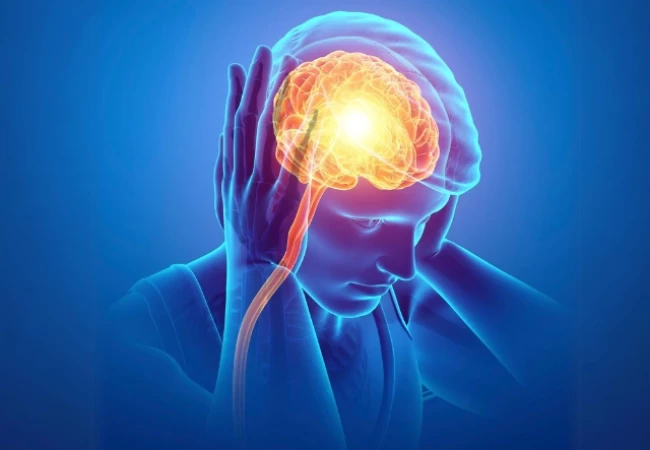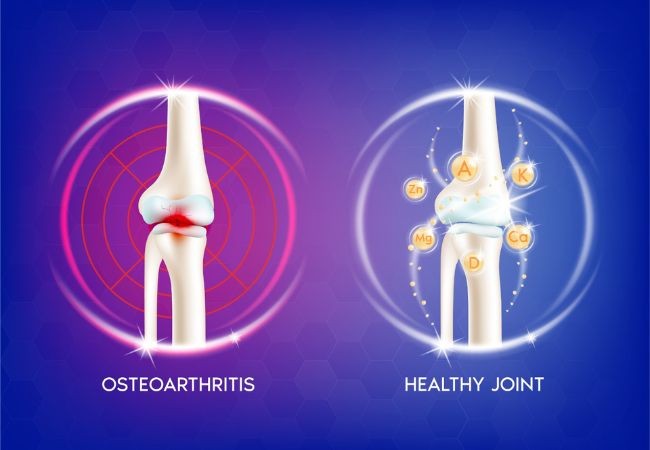Neurological disorders might seem complicated, but they affect many people all over the world. These disorders will completely change a person’s life, but knowing what causes them and what common neurological symptoms to look for is the first step in managing them well. In this blog, we will explain some common neurological symptoms and causes of common neurological disorders to be aware of. Understanding these will help you manage your neurological disorder better, especially if it is diagnosed early. If you want to know about common neurological disorders in detail, keep on reading.
Neurological disorders are problems with the nervous system which includes the brain, spinal cord, and nerves. The nervous system controls everything we do, think, and how our body works. It is like the body’s control center. A neurological disorder can happen when something does not work right in this system.
The exact reason why someone gets a neurological disorder can be different for each disorder. However, there are some common factors and reasons which are as follows.
Genetics: Some neurological disorders run in families and are caused by changes in genes. Examples include muscular dystrophy, Huntington's disease, and certain kinds of epilepsy.
Infections: Different infections like viruses (e.g., herpes simplex, HIV), bacteria (e.g., meningitis), and parasites (e.g., Lyme disease) can affect your nervous system. These infections will lead to conditions like encephalitis or meningitis.
Trauma: Injuries to the head or spinal cord can cause neurological issues. These injuries will harm the nervous system which will lead to conditions like traumatic brain injury (TBI) or spinal cord injury.
Degenerative Diseases: Some neurological disorders involve the gradual breakdown of nerve cells. Alzheimer's disease, Parkinson's disease, and amyotrophic lateral sclerosis (ALS) are some of the examples of common neurological disorders in elderly.
Autoimmune Disorders: Sometimes, the immune system mistakenly attacks the body's own cells including those in the nervous system. Guillain-Barré syndrome and multiple sclerosis are examples of autoimmune neurological disorders.
Toxins or Environmental Factors: Exposure to chemicals, toxins, or environmental factors will harm your nervous system. Lead poisoning, exposure to certain pesticides, or chronic alcohol abuse can cause neurological problems.
Metabolic Disorders: Certain neurological disorders will occur from metabolic problems. These conditions can be caused by enzyme deficiencies or other metabolic issues. Examples of these disorders include phenylketonuria (PKU) and Wilson's disease.
Hormonal Imbalances: Changes in hormone levels such as those in thyroid disorders can affect the nervous system and cause symptoms like tremors and muscle weakness.
Congenital Abnormalities: Some neurological disorders are there from birth and occur from problems in the development of the nervous system. Conditions like cerebral palsy and neural tube defects are examples of this category.
Nutritional Deficiencies: Not getting enough essential nutrients like vitamins and minerals can lead to neurological problems. For instance, a lack of vitamin B12 can cause peripheral neuropathy.
Vascular issues: Problems with the blood vessels that bring blood to the brain or spinal cord can cause neurological disorders. Conditions like strokes and vascular malformations can stop blood from flowing properly to the nervous system.
Have a look at the symptoms of common neurological disorders right below.
Epilepsy is a condition where people have repeated seizures. These seizures can vary from mild to severe. They occur because of unusual electrical activity in the brain.
Symptoms:
Migraines are very bad headaches that can come with feeling sick and being bothered by light and noise. They can be triggered by things like certain foods, stress, or changes in hormones.
Symptoms:
Parkinson's disease affects how you move and can cause shaking, stiffness, and trouble with balance and coordination.
Symptoms:
Alzheimer's disease is a brain problem that gets worse over time. It will affect how you remember things, think, and act. It is a type of dementia.
Symptoms:
Multiple sclerosis is a condition where the immune system attacks the protective covering of nerve fibers in the brain and spinal cord.
Symptoms:
An ischemic stroke happens when a part of the brain does not get enough blood flow and thereby blocks oxygen and nutrients from reaching that area.
Symptoms:
If you suddenly have serious neurological symptoms, you should seek immediate help. This is important to check for a stroke and to get potentially life-saving treatments.
Seizures are also serious. Get medical help right away if you have a new seizure. It is important to stay safe by not driving or using heavy machinery.
Neurological disorders can get worse over time and need a specialist to diagnose and treat them. Neurology has many different specialties like neuromuscular disorders, movement disorders, and headaches. See a neurologist at EMC who specializes in your condition for the best long-term outcome.
Detecting and preventing neurological disorders early is the best way to manage them. Having strong support and care from those around you is also crucial. It will help you cope with feelings of helplessness and depression which can speed up your healing.
If you think you or someone you know has these symptoms, it is important to see a neurologist at EMC as soon as possible. Here, you can have the best neurologists who can provide the right medical help and guidance. EMC is a leading multispeciality hospital in Kochi specializing in neurology. It offers expert care for neurological disorders. With a team of top neurosurgeon in Kerala, they provide advanced treatments and personalized care for conditions like Alzheimer's, Parkinson's, and epilepsy.


Find out the definition of post traumatic stress disorder (PTSD)? Learn about the causes, symptoms, treatments, and medications.

Discover common neurological disorders, their symptoms, and causes. Learn how to manage these conditions effectively. Keep reading!

Discover expert advice on women's health and motherhood. From pregnancy tips to self-care strategies, empower yourself with our insightful resources

Discover the benefits of laparoscopic surgery - a progressive and minimally invasive procedure for fast recovery. Learn more here!

Worried about weak bones? Osteoporosis, more than just an age issue, can impact anyone. Learn early signs & prevention tips for a stronger you!

Kidney diseases, a critical concern in today's fast-paced world, come in two main forms - sudden kidney failure and chronic kidney failure. It is important to delve into the intricacies of these conditions, exploring their causes and, more importantly, ho

In the realm of women's health, Polycystic Ovarian Disease (PCOD) stands out as a prevalent concern affecting women across various age groups, from teenagers to those in their thirties. This syndrome of diseases, based on hormonal imbalances, manifests th